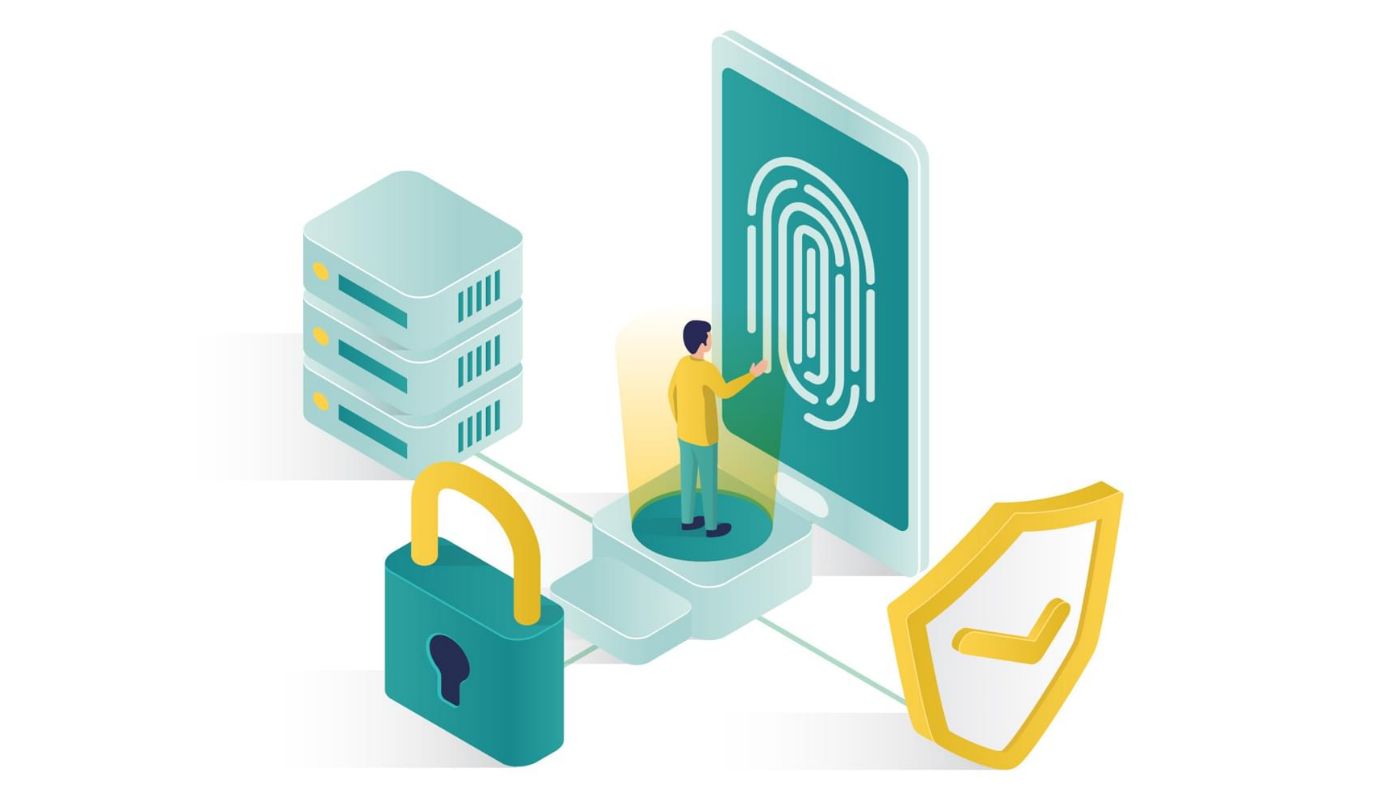132 reads
VoIP Vulnerabilities that Could Cost your Business Millions of Dollars
by
November 25th, 2020
mignonette has been writing articles for technology for five years.
About Author
mignonette has been writing articles for technology for five years.
